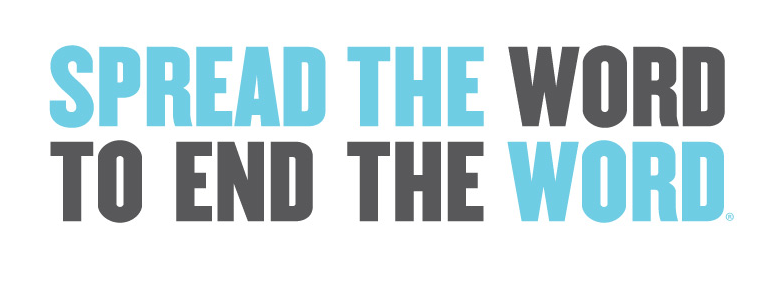Recently, I was asked to be an expert on a podcast with IRC Wealth discussing divorce and how to manage the financial impacts that it may have on children. With divorce, decisions made regarding the children are often some of the most difficult. Will we split custody? Where will the … Read More
Confessions of Empty Nesters
The empty nester time is approaching and your little “chick” is leaving the nest. I’m sure you’ve heard rumors about how you would feel or better yet how you should feel during this time and what your confessions will be. There definitely seems to be politically correct versions of confessions of your … Read More
Trust Part 3: Indicators of the Trait
Trust is essential but, all too often, a rare commodity in many relationships. In previous blogs, we’ve discussed various impediments to trust, the frequent difficulty recognizing them, and ways to recognize some common substitutes. Recognizing things that undermine trust is incredibly helpful, but knowing what doesn’t work is only part … Read More
Emotion-Coaching Parents: Part 3
In The Science of Trust (2011), Dr. John Gottman identified two different types of parents: “emotion-coaching” parents and “emotion-dismissing” parents. Read Part 1 for the hallmarks of emotion-coaching versus emotion-dismissing parents. So, you want your children to have the best shot at emotional intelligence and emotional resilience. You want them … Read More
Pledge to Spread the Word to End the Word
The words we use can be incredibly powerful! Words can make somebody smile. They can change the way someone understands a situation. They can also, unfortunately, be really hurtful. You can pledge to end the use of hurtful words. One of the organizations I’m most proud to support is R-Word, … Read More
Trust: Part 2 – Masquerading Substitutes
In a previous blog, I discussed impediments to trust. One of the greatest impediments to developing trust is that we are often unaware that we are struggling with issues of it. We become so adept at co-opting other behaviors into service, backfilling our deficits with less risky options, that it’s difficult … Read More
Emotion-Coaching Parents: Part 2
In The Science of Trust (2011), Dr. John Gottman identified two different types of parents: “emotion-coaching” parents and “emotion-dismissing” parents. Read Part 1 for the hallmarks of emotion-coaching versus emotion-dismissing parents. Now that we’re clear about the differences, let’s talk about why it’s worth taking the time to implement emotion-coaching … Read More
Marriage Love Styles and How to Demystify Them: Part 2
Sometimes marriage relationships become stuck in repeated patterns. Couples become frustrated and marriages grow strained. With many clients, I have found that introducing love styles can be a powerful tool to deal with relationship obstacles. Love styles is a concept that therapists Milan and Kay Yerkovich grew out of attachment theory. … Read More
Trust: Part 1 – Possible Impediments
Most people readily agree that trust is an essential component of healthy relationships. But it can be a difficult concept to grasp, particularly if we’ve had limited exposure to healthy, trusting relationships. Ideally, trust embodies an optimistic watchfulness, the willingness to gauge trustworthiness on the observation of peoples’ values in … Read More
Anxiety Experienced in Social Settings
Most people can relate to experiencing butterflies before giving a speech or going for an interview, but for people with social anxiety disorder (SAD), it is so much more than just butterflies. People who suffer from social anxiety worry constantly about what others think of them. It affects even basic … Read More









